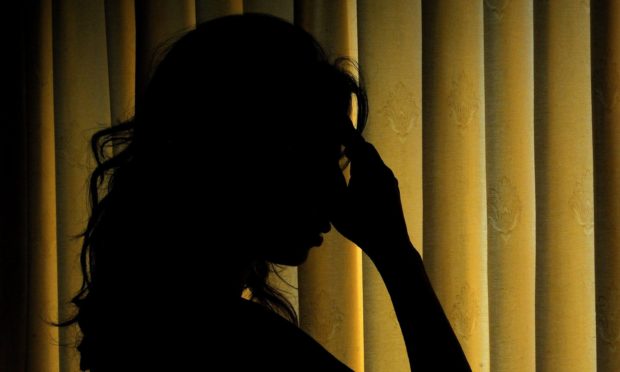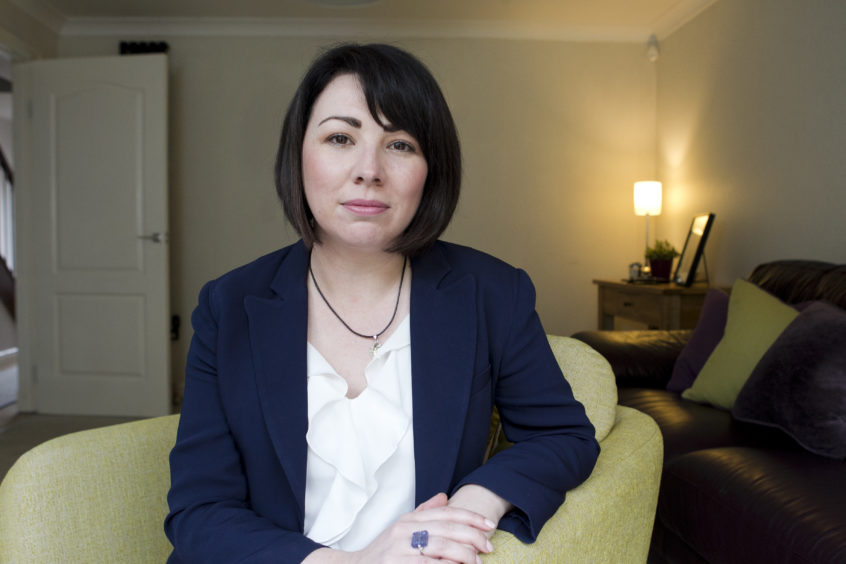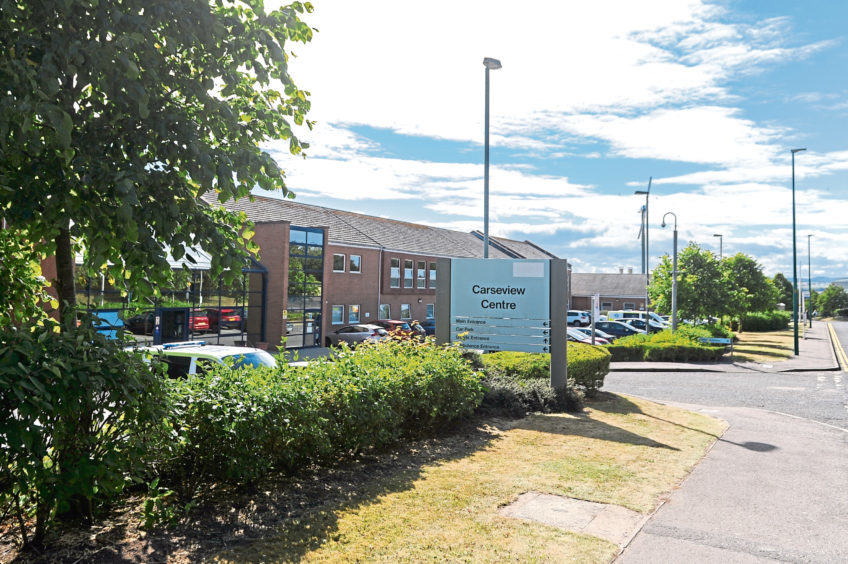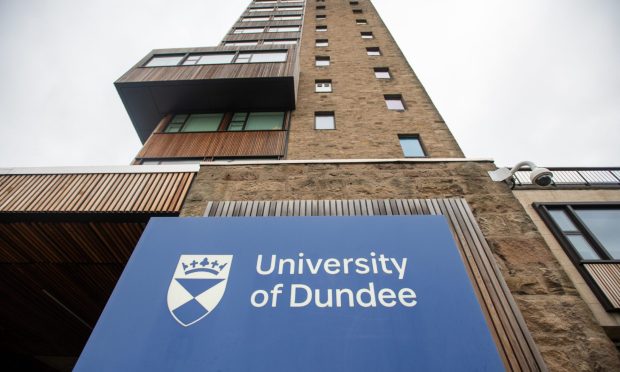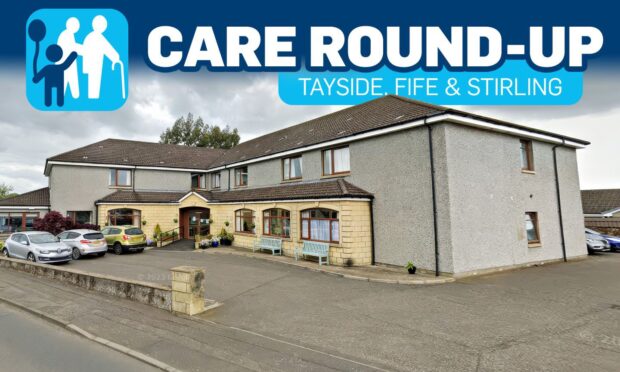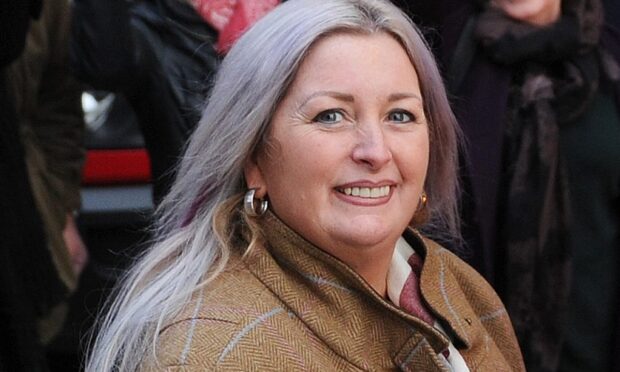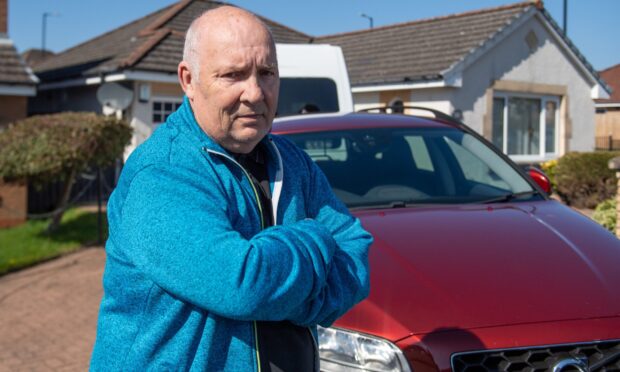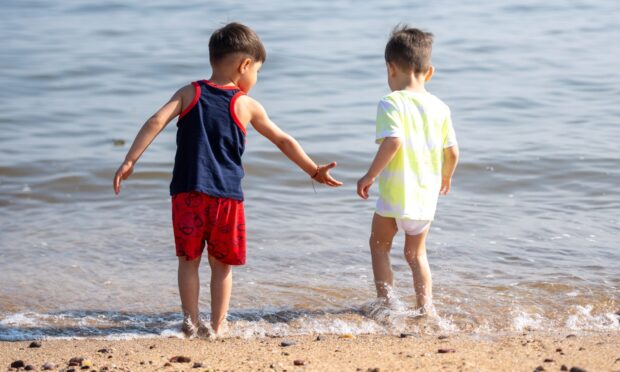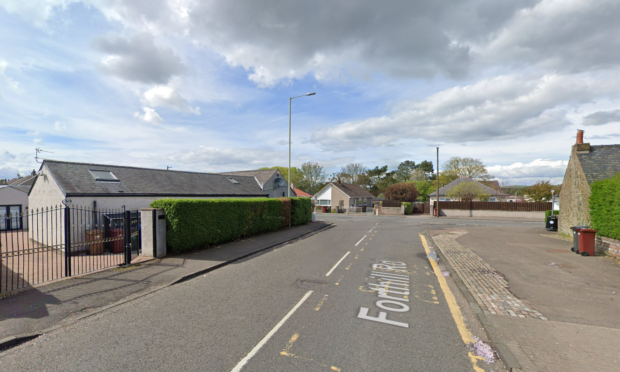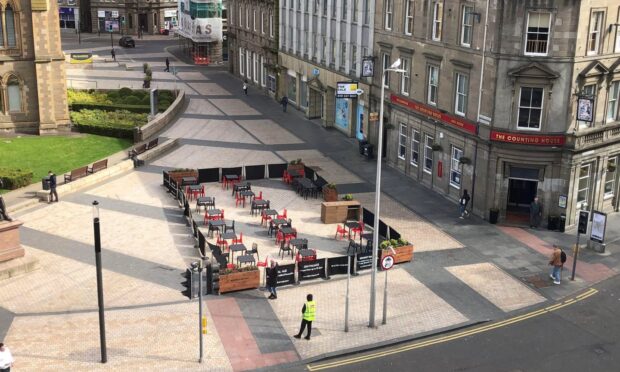Mental health campaigners have hit out at the rising number of children in crisis being treated in non-specialist wards, alongside criminals and other adults.
A lack of psychiatric care facilities across Scotland has been blamed after almost 100 incidents of young people being admitted to non-specialist adult wards.
A report by the Mental Welfare Commission for Scotland recorded 98 admissions to intensive care psychiatric units (ICPUs) designed for adults, while another five were housed in general paediatric wards.
Tayside saw the number of its youngsters treated in adult wards rise to 12 last year, an increase from two in the previous reporting period and the highest number since 2014/15. Fife saw the figure drop to four.
Across Scotland, the figures – involving 90 children – saw an increase from the 71 admissions involving 66 young people in the previous year.
Colin McKay, chief executive of the Mental Welfare Commission, warned adult intensive care psychiatric units can “often be unsuitable environments for adolescents” and are “used routinely to provide care for adults who are engaged in the criminal justice system and court processes”.
Scottish Labour health spokesperson Monica Lennon said the report highlights “a shocking lack of care for people with mental health issues across Tayside” and that “vulnerable people are being let down daily”.
She said: “NHS Tayside cannot wait until the independent investigation into mental health services in the area concludes, to take action. The board must immediately take steps to ensure children and young people get the treatment they deserve.”
The Scottish Children’s Services Coalition, an alliance of leading independent and third sector service providers which campaigns to improve services for vulnerable children and young people, described the findings as “disappointing”.
Scottish health boards have a legal duty to provide age-appropriate services and accommodation and the coalition warned “many children and young people with severe mental health problems” are being admitted to wards “inappropriate for their needs”.
A spokesperson said: “There are a number of differences between specialist units and wards designed to treat the needs of adults with serious mental illness, both in terms of staff training, experience and the overall ward environment.
“Given this, there is a clear concern that the needs of a young person may not be met in comparable way when admitted to an adult mental health ward as opposed to a specialist adolescent unit.”
The news comes just days after The Courier reported nearly two-thirds of Tayside youngsters seeking mental health support are waiting too long to be seen by specialists.
The Scottish Government welcomed the findings of the report and said it will be used to help “redesign and improve services for children and young people”.
Dr Joy Olver, clinical lead for CAMHS at Tayside, said: “Admissions to a paediatric or adult mental health bed only occur in situations where there is no immediate access to a specialist inpatient CAMHS bed.
“When this happens, young people may be admitted to a paediatric or adult mental health bed in order to ensure their safety in times of crisis.
“If such an admission occurs to a non-CAMHS bed, the local admitting psychiatric team can liaise with the CAMHS outpatient consultant to support an appropriate care and treatment plan.”
